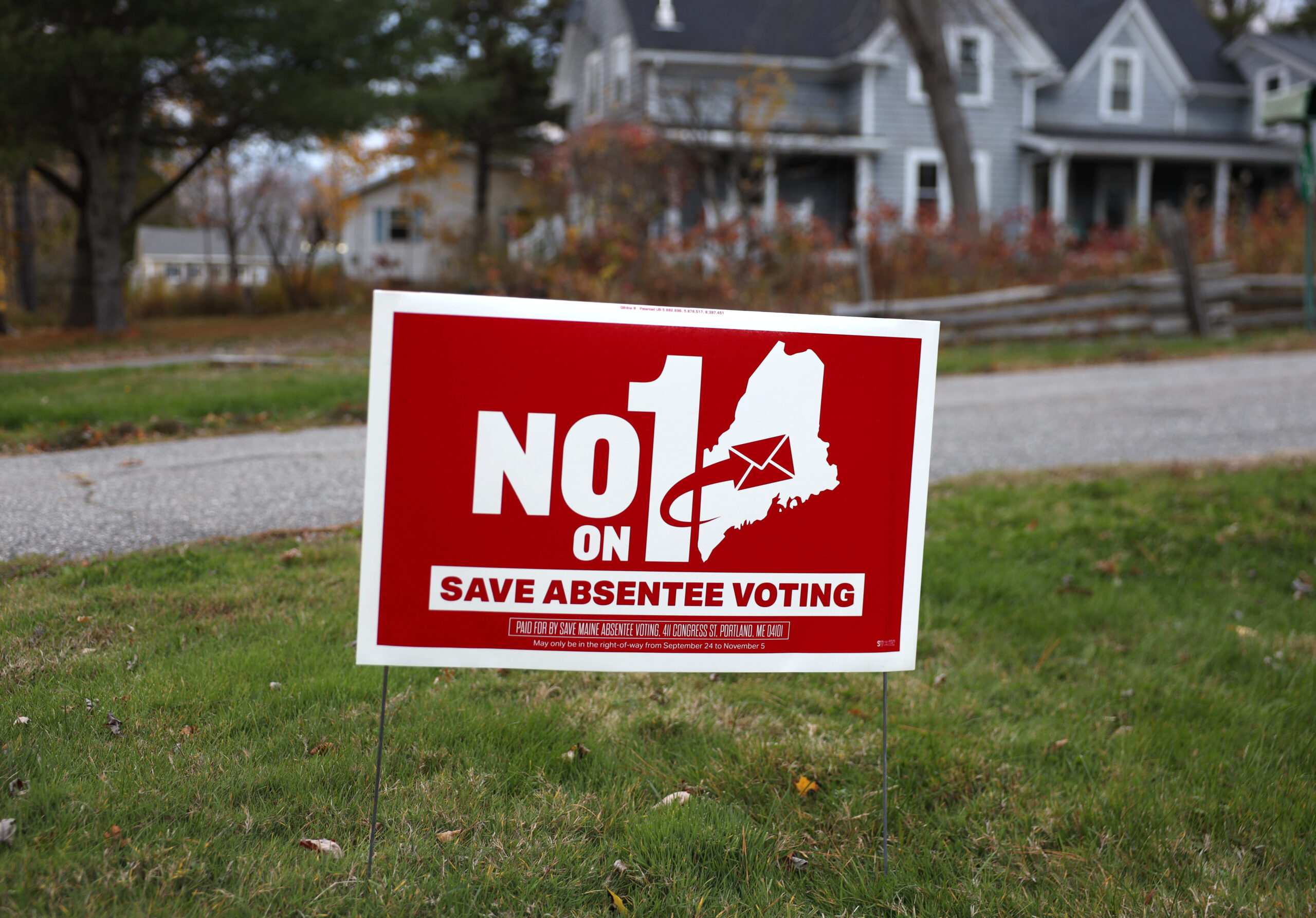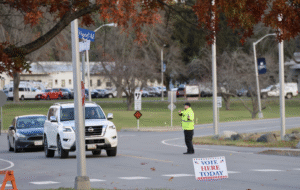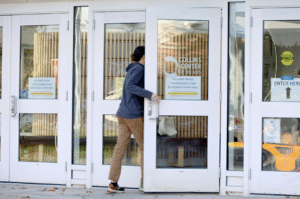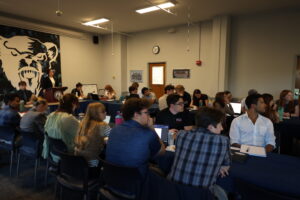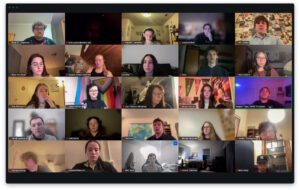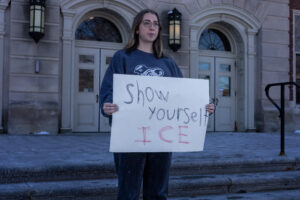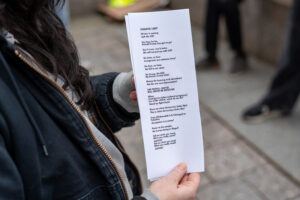When Maine voters head to the polls on Nov. 4, they will decide Question 1, a referendum proposing major changes to the state’s election laws, including new photo ID requirements and restrictions on absentee voting. The initiative has prompted debate across the state about election integrity and ballot access, with college students and first-time voters among those most directly affected.
What would Question 1 change?
According to the Maine Secretary of State’s voter guide, the referendum would:
• Eliminate two days of absentee voting.
• Prohibit requests for absentee ballots by phone or by family members.
• End ongoing absentee voter status for seniors and people with disabilities.
• Ban prepaid postage on absentee ballot envelopes.
• Limit the number of ballot drop boxes statewide.
• Require voters to present a government-issued photo ID before voting.
How does the public feel?
In a recent Bangor Daily News opinion letter, Sandra Harvey of Bangor urged Mainers to vote yes, citing concerns about inaccurate voter rolls and the need for stronger ID requirements. Harvey, who has volunteered in local elections, wrote that outdated registration lists can include nonexistent addresses and that voter ID laws would be “the first step in securing elections in Maine.”
However, in an opposing letter that says voters should vote no, Bob Lodato of Charleston claimed that the measure would make it harder to vote for people with limited mobility or resources. He wrote that Maine should focus on keeping voting accessible to all residents and urged voters to reject the proposal.
These viewpoints reflect the wider debate between those who prioritize election security and those who warn about new barriers to participation, a discussion that resonates among college students who often rely on absentee ballots to vote from campus.
How does Question 1 affect UMaine students?
If approved, Question 1 could make absentee voting more limited for students studying away from their home districts or unable to return home on Election Day. The proposal would also require a valid photo ID to vote, such as a driver’s license, passport or state-issued identification card.
Currently, Maine voters can cast absentee ballots without presenting photo ID. Absentee ballots may be requested online, by mail or in person through local municipal offices. Ballots must be received by 8 p.m. on Nov. 4 to be counted.
What does the data show?
Earlier this week, the Maine Secretary of State’s Office released results from the 2025 Maine Student Mock Election, an educational program that allows students across the state to vote on the same referendum questions appearing on the ballot.
According to the results, 65.1% of student participants voted “no” on Question 1, while 34.9% supported it. Secretary of State Shenna Bellows said the mock election helps young Mainers understand how election laws affect participation and accessibility. Although the mock election is not predictive of official results, it shows many younger Mainers are skeptical of proposals that would restrict absentee voting, a system widely used by students and rural voters.
Question 1 will appear on all Maine ballots Tuesday. Voters will decide whether to approve the proposed changes or maintain the state’s existing election laws.
Students registered to vote in Orono can cast their ballots at the Collins Center for the Arts on campus from 7 a.m. to 8 p.m. on Election Day. Same-day registration remains available statewide.
